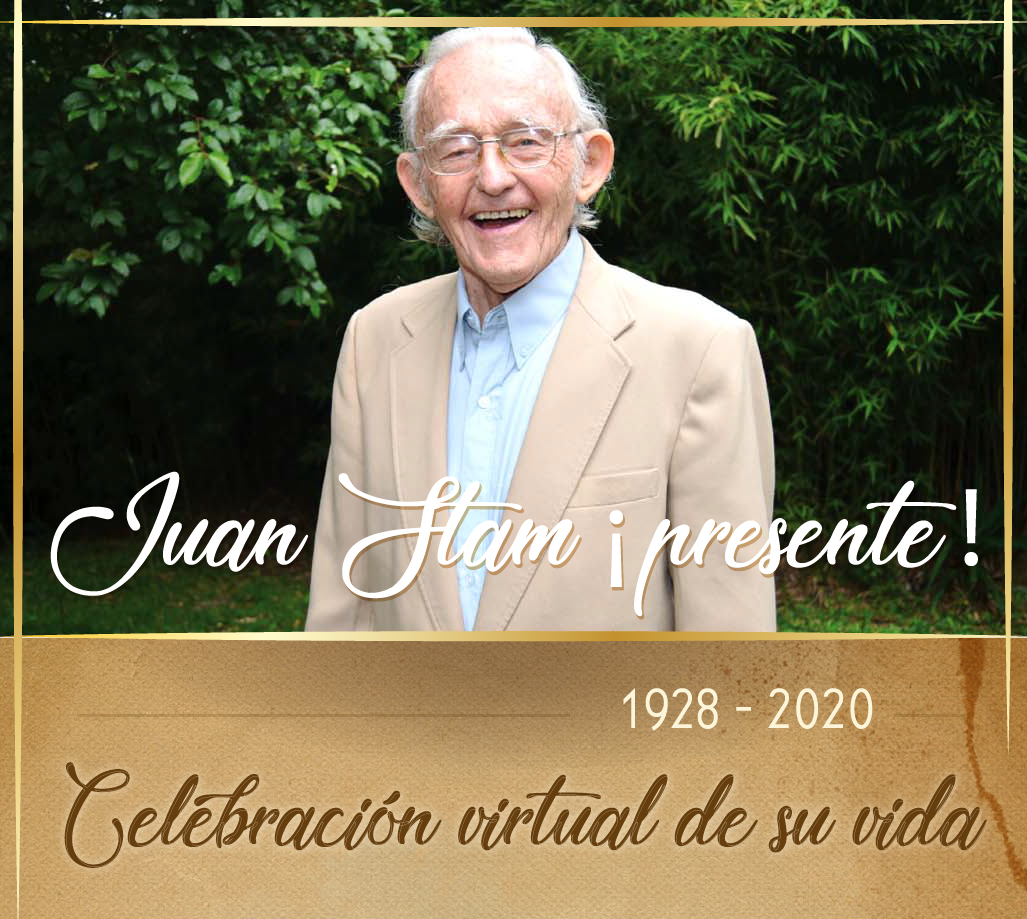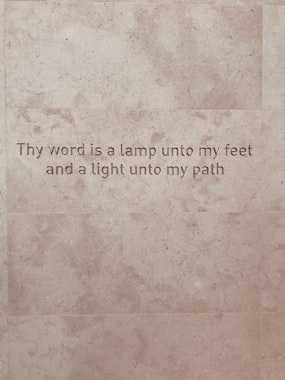Revelation: A Book of Comfort for the Suffering
(Artículo solicitado por la revista Latin America Evangelist, a la luz de la grave enfermedad de varios colegas misioneros)


Revelation: ¡A Book of Comfort for the Suffering! Few people would think of Revelation as a book of comfort for the suffering. We're so overwhelmed by the visions of judgment and of monsters, the book traumatizes most of us. Hollywood's sensationalism over "Apocalypse Now" reenforces this mistaken reaction that blinds us to the message of hope. But actually, this beautiful book was written for people who were suffering, in order bring them comfort and inspire courage. The readers lived under the oppression of the Roman Empire, and the author himself was a prisoner. John describes himself as "your companion in the suffering and kingdom and patient endurance that are ours in Jesus" (1:9) Revelation is very honest about the suffering of Christians, and offers no easy, escapist solutions. To the congregation in Smyrna, which had suffered much persecution, Christ only offers them more suffering, and calls on them to "be faithful even unto death" (2:10). The visions of demonic wrath correspond to what Christians had suffered (¡remember Nero!), and served to bring their pain and fear into the open so that healthy catharsis became possible. But actually, all the calamity is really only a passing footnote, bracketed between awe-inspiring visions of the Lord (Rev 1-5) and hope-inspiring visions of final salvation (20-22). As in all the Bible, evil and suffering never have the last word; they are real, but penultimate. The final reality of history is a new creation (21-22) and a new Kingdom (11:15) where all tears are wiped away and evil and pain will be no more. That new creation includes our resurrected bodies, which will be God's ultimate act of divine healing. And prior to that, at death, we know that we will be "with Christ, which is better by far" (Phil 1:23). All of this is very familiar, but all too easily forgotten. More surprisingly, in Revelation another source of comfort is creation itself. In two of the most beautiful chapters in all the Bible, John assures the suffering, harassed believers of Asia Minor near the end of the first century that God the Creator is on the throne (Rev 4-5). For them, "throne" would have brought thoughts of the Emperor in Rome, whose throne ruled the known world. But this majestic vision reveals to us the real throne of the universe, under the rainbow-sign of God's covenant with all that breathes and with the earth itself (Gen 9:9-13; Rev 4:2-3,6,11). The sovereign Lord who redeems and protects us (Rev 5) is also the divine Creator, seated forever on the throne of the universe (Rev 4). God's creation should inspire faith and hope in our hearts. Personally, I have suffered very little, and never anything serious, but in the difficult times, I have often been inspired by just looking at the starry sky with a full moon (¡how little we moderns even see creation!) and realizing that God still rules the universe and is doing a very, very good job of it. This is expressed movingly in the diary of Anne Frank, who as a young teenager in hiding suffered Hitler's persecution of the Jews: "The best remedy for those who are afraid, lonely, or unhappy is to go outside, somewhere where they can be quite alone with the heavens, nature, and God. Because only then does one feel that all is as it should be and that God wishes to see people happy, amidst the simple beauty of nature. As long as this exists, and it certainly always will, I know that then there will always be comfort for every sorrow, what ever the circumstances may be. And I firmly believe that nature brings solace in all troubles." But creation is not the whole story; in fact, it was not enough to keep John from weeping profusely, when no one could be found to open the seven-sealed scroll (Rev 5:2-4). One of the elders then tells John not to weep, because the Lion of Judah has conquered and is worthy to open the seals. But then John returns his view from the elder to the throne, viewed as the center of all the universe, and there John sees, not a fierce Lion but a Lamb that has also suffered (5:5-6). God's final answer to the problem of evil and suffering is to take them on himself and bear them all the way to a cruel cross. God comforts us by coming to our side and sharing our pain. And the Lamb that was slain has seven horns and seven eyes. For the "all-power" of his seven horns, our biggest problem is small. For the all-knowing vision of his seven eyes, our smallest problem is important to his loving care. The Lamb proved in his own body that suffering can be redemptive. His suffering was powerful and transforming, and our suffering can also be meaningful and powerful for God's glory.


